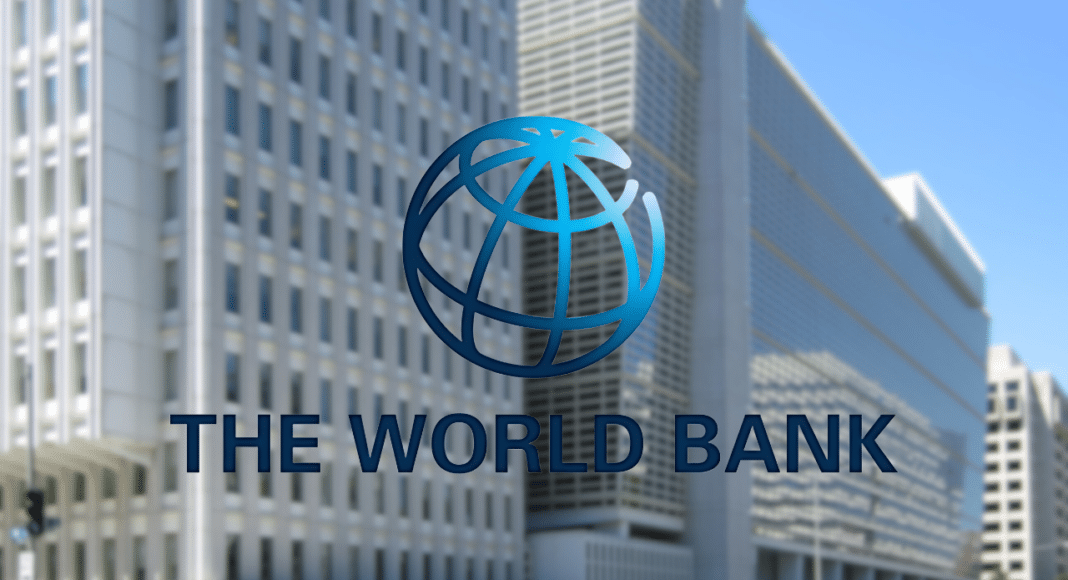The World Bank has announced that due to the successful implementation of the Crisis Resilient Social Protection (CRISP) program and the enhanced delivery capabilities of the Benazir Income Support Program (BISP), the government has sought additional funding of $250 million to further invest in and utilize the adaptive system.
A brief released by the Bank titled “Crisis Resilient Social Protection- Additional Financing (CRISP) addendum to Environmental and Social Systems Assessment” highlighted the appropriateness of additional financing, as the government has proposed significant system enhancements that align with the reforms envisioned under the original CRISP project.
The scope and boundaries of the government’s broader program and the CRISP-supported program will remain unchanged, with no additional funding allocated to the Investment Project Financing (IPF) component.
The proposed Additional Financing (AF) will be closely tied to existing activities, with no alterations to the program’s scope or boundaries. An addendum has been prepared to assess the impacts of new Disbursement Linked Results (DLRs).
READ ALSO — World Bank: 25% of Pakistan’s Population Living Below Poverty Line
The Disbursement Linked Indicators (DLIs) under the AF will focus on longer-term policy actions related to the BISP programs and the National Socio-Economic Registry (NSER). These actions include:
- Adoption of recertification protocols to ensure predictability in program exit and entry for BISP programs during future recertifications.
- Institutionalizing an indexation mechanism for the base cash transfer program (Kafaalat) benefits preventing erosion in purchasing power and protecting against the impacts of impending economic reforms.
- All eligible beneficiaries will be included under the current eligibility criteria by identifying and correcting gaps in NSER by expanding mobile Multi-Entry Localized Access (MELA) touchpoints.
- Adopt NSER as the agreed targeting mechanism nationwide and develop a technology-supported mechanism to facilitate its use by other programs.
- Measures to correct the current overlap of federal and provincial Conditional Cash Transfer (CCT) programs and prevent future overlap, including the gradual takeover by the provinces of Punjab and Sindh of the federal nutrition-focused CCT.
The parent program has been rated as ‘Satisfactory’ in environmental and social aspects and is adequately staffed. BISP has demonstrated commendable efforts in social mobilization and outreach to vulnerable groups, streamlined various components of the Grievance Redressal Mechanism (GRM), and developed a gender action plan.
Progress has also been made in managing the environmental impact of electronic waste (e-waste) generated by the program, including the development of Standard Operating Procedures for waste handling and the initiation of staff training programs.


